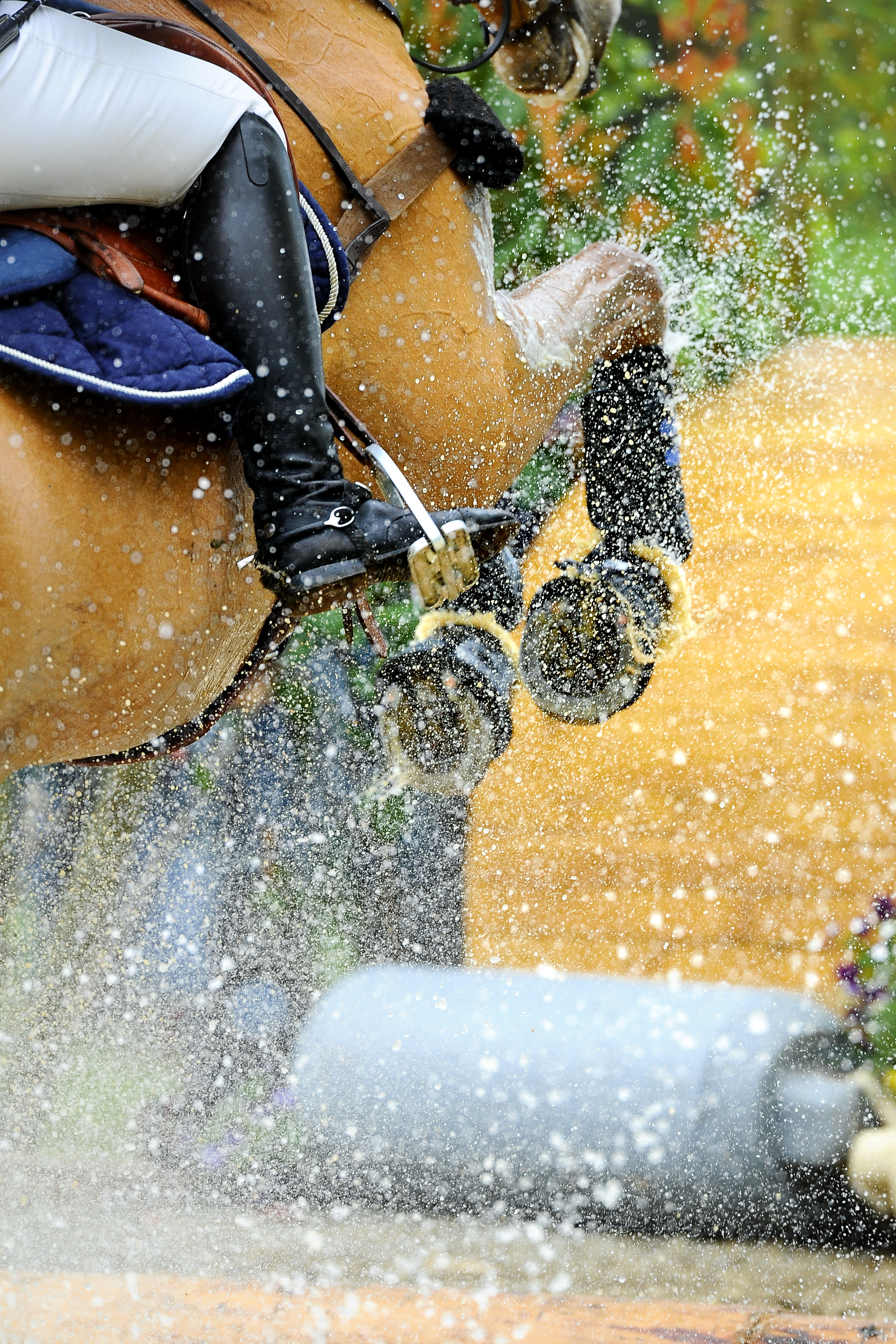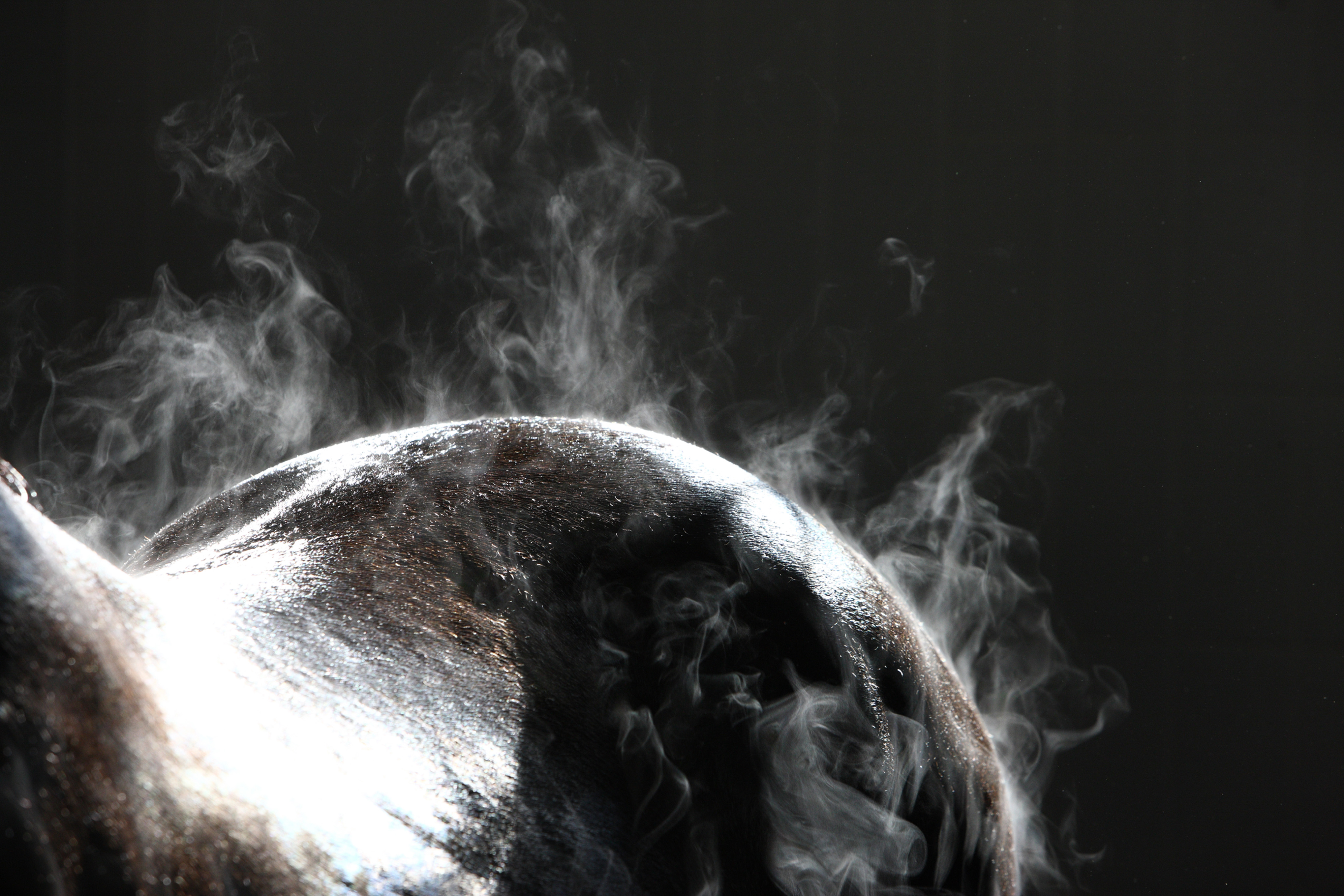No products
Welcome to the Lambey website
Select your country
Welcome to the Lambey website
Select your country
Blog Categories
Latest Posts
« You can lead a horse to water but you can't make it drink. » *

When a horse physically exerts itself it generates heat, which must be carried away from the body in order to prevent it rising above the optimum temperature range for physical exercise. The most effective way of dissipating this excess heat is perspiration followed by evaporation of the sweat. The horse has highly developed sweat glands and is uniquely able to produce hypertonic sweat, i.e. containing a higher concentration of electrolytes than blood. During strenuous exercise, the horse heats up and loses large volumes of water (up to 12 litres an hour) and proportionally an even higher volume of electrolytes. These losses must be compensated by giving the animal water and electrolytes, partly to ensure it can sustain physical exertion during lengthy competitions (endurance), and partly to be able to participate and perform in events the following days.
Hydration and performanceHydration level and electrolyte balance are two determining factors of performance. Good hydration will allow the horse to deliver water to both its:
Electrolytes play a crucial role in a vast number of vital functions such as neurotransmission, heart contraction and muscle contraction. |
 |
Endurance jockeys are particularly aware of this problem and follow special protocols to rehydrate their horse and restore the electrolyte balance before and after an event. Eventing and show jumping riders are less aware of the issue. However, rehydration is part of the routine for eventing horses, especially those taking part in international eventing where the show jumping takes place the day after the cross-country event. For show jumpers, recovery is crucial when the event takes place over several days, especially in hot climates (e.g. Doha, Mexico) since this will increase their perspiration and European horses may not be accustomed to the heat. These problems are accentuated by long journeys that increase the risk of dehydration, which must be addressed before the horse can compete.
There are two key points to ensuring a good level of hydration for your horse before a competition:
A number of studies shows that giving an isotonic solution (containing electrolytes) after an episode of dehydration allows the blood volume to return to normal faster than with pure water. On the other hand, it is dangerous to let a horse that has lost a lot of electrolytes (especially sodium) drinking too much pure water because this carries a risk of swelling in the brain which can lead to coma. In humans, the gut absorbs ions much better when they are accompanied by glucose (sugar).
 |
« You can lead a horse to water but you can't make it drink. » *This neatly sums up one of the problems when trying to rehydrate a horse. Numerous animal species share a particular reflex that suppresses feelings of thirst when a cold hypotonic fluid (such as pure water) enters the mouth during physical exercise. This was probably an evolutionary mechanism that developed to prevent animals from having to stop and drink when fleeing from a predator. The reflex, which can persist for several hours after exercise, is a major obstacle when it comes to managing dehydration. |
To encourage your horse to drink:
|
To correct electrolyte losses:
|